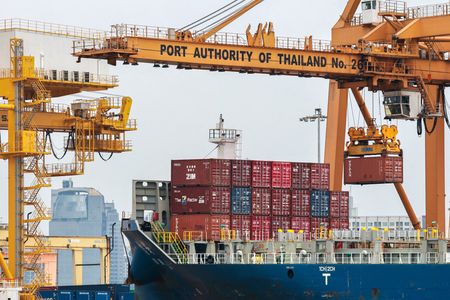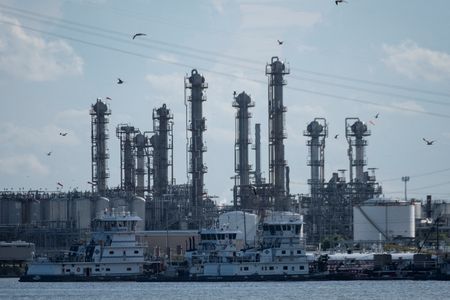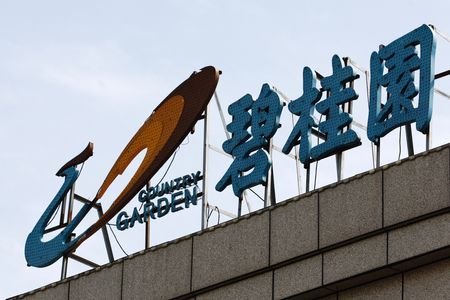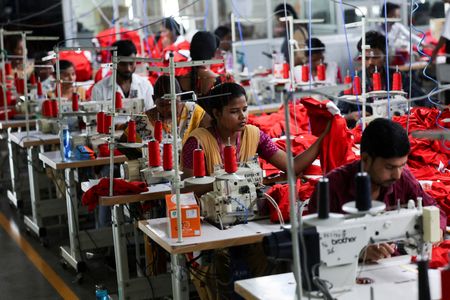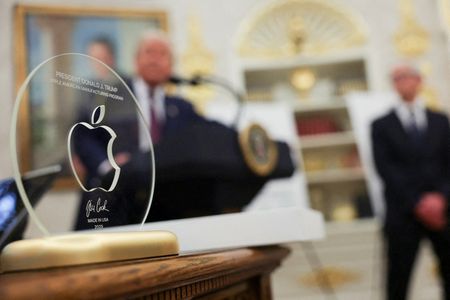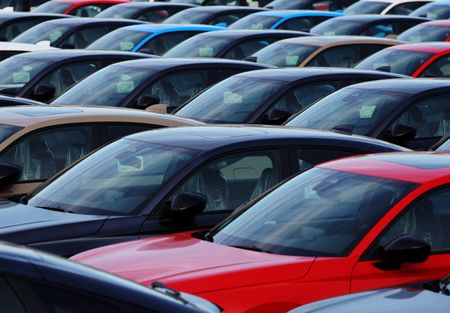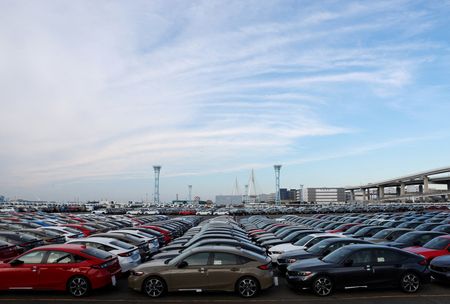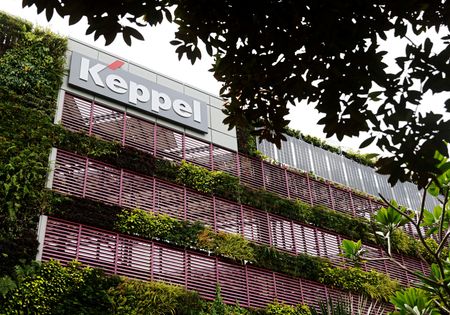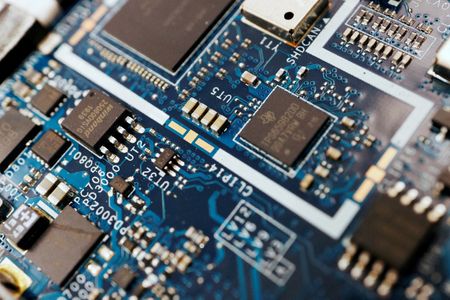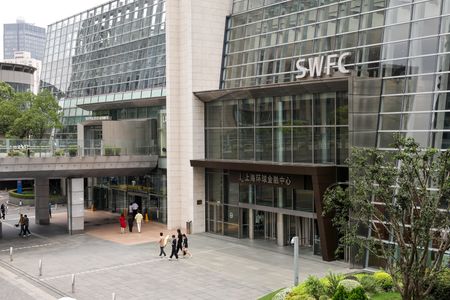By Francesco Guarascio and Orathai Sriring
HANOI/BANGKOK (Reuters) -Tougher U.S. trade penalties on goods originating in one country being re-shipped from another are not expected to immediately follow new U.S. tariffs, three people in Southeast Asia with knowledge of the matter said, easing a major cause of concern.
Southeast Asian countries including Vietnam and Thailand have been explicitly targeted by White House officials for their alleged role in facilitating the so-called transshipment to America of Chinese goods, which would face higher tariffs if shipped directly from China.
The Trump administration imposed tariffs on goods from dozens of countries from Thursday, and in an executive order said products determined to have been illegally rerouted to conceal their country of origin would face additional duties of 40%. But it did not clarify what constitutes transshipment.
U.S. imports from Southeast Asia’s biggest economies, which rely heavily on exports, are now subject to tariff rates of about 19%, most of those significantly reduced from earlier threatened rates.
Existing U.S. customs guidance states goods from countries with no free trade agreements with Washington, such as Southeast Asian nations, can be labelled as made in the country where they undergo a “substantial transformation” of components, even if those parts entirely come from another country, such as China.
And with no new U.S. guidance on rules of origin or specification on what transshipment means, some officials in Southeast Asia have told exporters existing rules apply.
That effectively limits cases of transshipment to illegal activities, like the use of forged export certificates or documents obtained illicitly.
“Currently, all exported goods (from Thailand) are subject to a 19% rate because there are no rules on transshipment yet,” Arada Fuangtong, head of the Thai Commerce Ministry’s foreign trade department, told Reuters on Thursday.
Her message was echoed by U.S. officials in Vietnam who told businessmen the tariff of 20% would apply to Vietnamese goods, even if they are entirely made with Chinese components and only assembled in Vietnam, according to one person familiar with those talks.
Trade consultants have said rules are vague and they have advised clients, even before the new wave of U.S. tariffs, to have at least 40% of local content for their exports to the U.S. That is “to be on the safe side”, one of them said.
The U.S. embassy in Vietnam did not immediately reply to a request for comment. The Office of the U.S. Trade Representative did not immediately respond to a request for comment outside U.S. working hours.
“Goods defined by U.S. customs as transshipped are subject to 40% duties, but pending any new definition, that’s limited to old definitions,” said a Vietnam-based consultant.
Both people declined to be named in order to speak more freely.
CHINA DEPENDENCE
According to the U.S. customs guidance, repackaging does not usually cause a “substantial transformation”, but assembly may, depending on the complexity of the operations.
It is unclear if this narrow interpretation of transshipment could be enforced in other countries.
Economic ministries in Indonesia, Malaysia, the Philippines, Vietnam and Singapore did not immediately respond to requests for comment on the issue.
Manufacturers in Southeast Asia, which rely heavily on Chinese components, have been in the dark for months on what Washington would consider transshipment.
Questions remain over whether that would include goods with a large, but yet undefined, share of components or raw materials from China, even when they are legitimately transformed in Southeast Asian nations.
A strict definition of transshipment may come later, multiple investment consultants warned.
An executive order signed by U.S. President Donald Trump last week said the U.S. will “publish every six months a list of countries and specific facilities used in circumvention schemes”.
That will “inform public procurement, national security reviews, and commercial due diligence”, it said.
“The message from Washington is deterrence,” said Marco Forster, director for Southeast Asia at investment consultancy Dezan Shira and Associates.
“If your supply chain cuts corners, it won’t be treated as a technical error. It’ll be treated as fraud.”
(Reporting by Francesco Guarascio in Hanoi and Orathai Sriring in Bangkok; Additional reporting by Stefanno Sulaiman in Jakarta, Rozanna Latiff in Kuala Lumpur, Karen Lema in Manila, Phuon Nguyen in Hanoi, and Jun Yuan Yong in Singapore; Editing by Jan Harvey)

